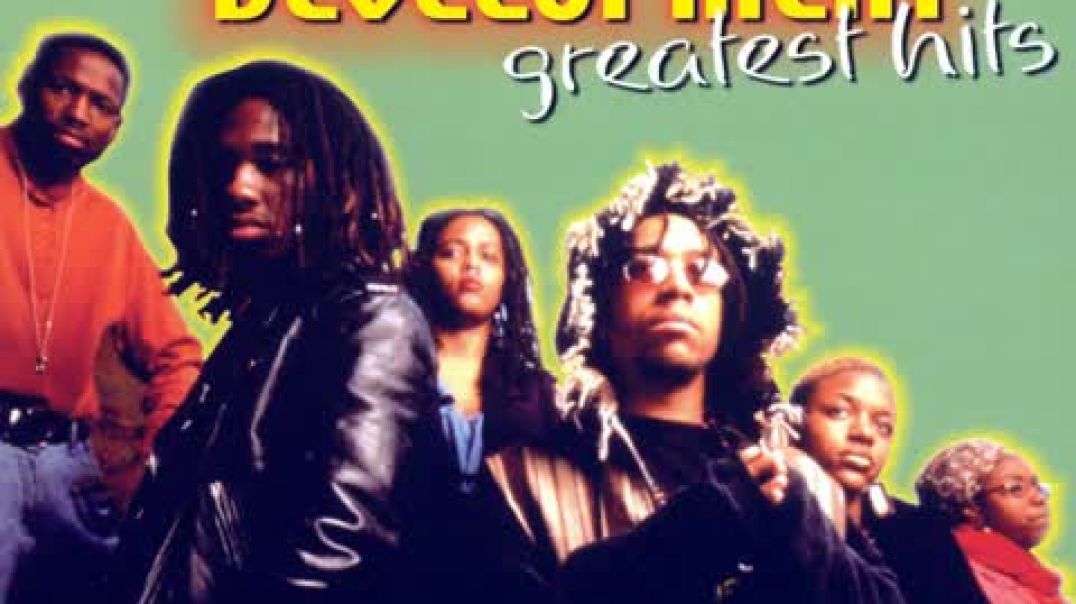Top videos
We all have a prosperous in this life. Once we find it, it'll give us direction.
Rüschlikon is a village in Switzerland with a very low tax rate and very wealthy residents. But it receives more tax revenue than it can use. This is largely thanks to one resident - Ivan Glasenberg, CEO of Glencore, whose copper mines in Zambia are not generating a large bounty tax revenue for the Zambians. Zambia has the 3rd largest copper reserves in the world, but 60% of the population live on less than $1 a day and 80% are unemployed. Based on original research into public documents, STEALING AFRICA is an investigative story of global trade and political corruption where money and natural resources only flow one way, and in the meantime poverty becomes harder to escape.
Filmmaker: Christoffer Guldbrandsen
Producer: Henrik Veileborg
Produced by Guldbrandsen Film
Released: 2012
This film was originally released as part of THE WHY series WHY POVERTY?. Learn more about the project: https://www.thewhy.dk/projects/why-poverty
__________________________________
About THE WHY
We believe free access to information is a human right.
To combat unequal access to information THE WHY produces & donates documentaries to underserved countries and distributes them on a sliding fee scale to other broadcasters around the world.
Follow us and learn more about our work:
• https://www.thewhy.dk
• https://www.instagram.com/thewhyfoundation
• https://twitter.com/thewhyfound
• https://facebook.com/TheWhyFound/
With the second highest death-toll of all African conflicts, the Nigerian Civil war (also known as the Biafran war) is perhaps the single most significant event in Nigerian history.This video is an attempt to shed light on this 3 year conflict, which claimed the lives of over 100,000 soldiers and an estimated 2 million civilians as the Nigerian government led by General Yakubu Gowon fought to prevent the secession of the self-proclaimed Republic of Biafra which was led by General Chuckwuemeka Odumegwu Ojukwu.
Lecture by Professor James Small on African Sacred Sciene (Molefi Kete Asante Lecture Series)
[19 March 2021]
How Marrying The Wrong Man or Woman Could Ruin Your Africa Plan w/ Our Journey Towards Eden
Please Subscribe.
Donate Cash App: $amirdynast
Patreon: https://www.patreon.com/searchforuhuru
Instagram: Searchforuhuru
Instagram: Africapersonified
Facebook: https://www.facebook.com/searchforuhuru
Facebook: https://www.facebook.com/Africapersonified/
Twitter: https://twitter.com/searchforuhuru/
https://www.dynastamir.com
Presentation delivered at the Molefi Kete Institute in Philadelphia, Pa. on May 11, 2013 by Per-Aat Ama Mazama, Ph.D. of AFROCENTRICITY INTERNATIONAL.
AIGHT... SO This is one of them questions that is ALWAYSED ASK!... Mostly by Black people who are yet to come to terms with their own Afrikaness, or someone else's... and just want to take a jab. BUT... Because it's so frequently asked, it's a good question to explore. Here we go.... 1/3
THE PAN-AFRIKAN QUESTION provides concise answers to popularly asked questions about Pan-Afrikanism. If you have a question that you think needs to be answered, drop in the it comments section & we'll do our best to drop some knowledge.
#PanAfrikanism #BlackNationalism #AfrikanLiberation #TPAQ
If you Would Like: https://www.paypal.me/abengapparel
► Subscribe: https://www.youtube.com/shakar....aspeaks/?sub_confirm
► Twitter https://twitter.com/ShakaRaSpeaks
► Facebook: https://www.facebook.com/ShakaRaSpeaks/
► Instagram: https://www.instagram.com/shakaraspeaks/
Arrested Development
RIP Baba Runoko Rashidi
Dr. Chancellor Williams describes the process of acculturation, which Africans worldwide have been subjected to a "white mind transplant."
The result has some people of African ancestry looking on Africa with scorn. Dr. Williams goes on to describe the greatest victory of the white world as being the conquest of the Black man's mind.
The acculturation process tried to blot out the African's knowledge of self and create an illusion were all things African were savage. Any noble African tradition was to be dropped as pagan.



![African Sacred Science w/ Professor James Small [19 March 2021]](https://i.ytimg.com/vi/vR_DTy0SfQs/hqdefault.jpg)






